In early March, global leaders and delegates from over 175 nations made history in Nairobi when United Nations member states and governments with the support of stakeholders adopted a resolution officially opening negotiations for a Global Plastics Treaty.
This powerful resolution is the beginning of a global, legally binding agreement to address the full life cycle of plastic, from the moment the oil or gas used to make it is extracted from the ground, to its disposal, when it is burned in an incinerator, or degrades in a waste dump or in our environment.
This decision is an ambitious step towards creating a solution to the global plastic pollution crisis.
So what next you may ask?
The first in a series of Intergovernmental Negotiation Committee (INC1) meetings begins this November 28th in Uruguay. These negotiations will be the first steps with the goal of completing the process by the end of 2024 and deliver to the world a legally binding treaty to end the plastic pollution crisis. It is now a reality that we are well on our way to finally turn off the plastic tap and end the age of throwaway plastic.
Governments, corporations, big brands and other stakeholders need to join hands and continue to lobby the INC to deliver a legally binding Global Plastics Treaty.
This negotiation process is a great step in ensuring that Africa and the world at large is dealing with the plastic crisis.
What does this mean for Africa?
Greenpeace Africa and our supporters have been calling for an end to the plastic pollution crisis by urging companies to become a part of the solution and fundamentally rethink how they bring products to people. We need companies like Coca-Cola, Nestle and PepsiCo to switch to refill and reuse. We need these brands to end the throwaway culture for the sake of our communities and our planet.
Communities across the African continent are demanding an ambitious Global Plastics Treaty that will limit single use plastic production and use and play a critical role in eliminating Africa’s added burden of plastic waste dumping.
Plastic pollution remains a global crisis, Africa however has the added burden of plastic waste dumping. Countries in the Global North are scrambling to find nations in Africa to ship their plastic waste as evidenced in the recent past and use Kenya as a gateway to flood Africa with plastic waste.
The plastic industry together with big oil and big brands are pushing for more plastic production and exportation into Africa. This could undermine progress made by countries to ban single-use plastic products and combat pollution. Africa’s leadership has the power to enable the change needed to address these challenges and bring to an end this illegal and neocolonialist way of dealing with waste once and for all.
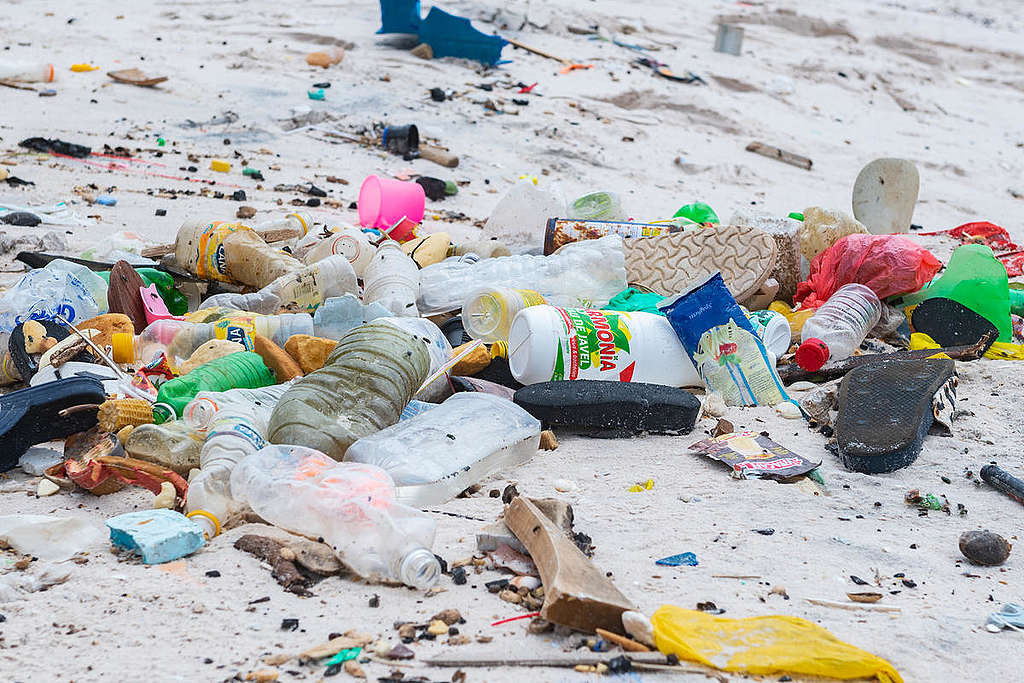
So, what do we actually need to defeat the plastic pollution crisis?
We need a strong Global Plastics Treaty that ensures a holistic approach to ending the plastic pollution crisis and not one that is laced with loopholes which allows the top plastic polluters like Coca-Cola to continue flooding the world with even more plastic.
A strong global plastics treaty means:
- creating a legally binding instrument to ensure compliance from governments and industry;
- keeping oil and gas in the ground, and protecting our climate;
- big brands switching to refill and reuse systems and reducing single use plastic pollution;
- holding countries accountable for managing their own waste and ending waste colonialism; and
- governments working to ensure a just transition for workers and the health of the most affected communities.
To achieve all of this may seem challenging but solving the plastic pollution crisis is attainable.
The reuse revolution is more popular than ever providing a solution to our single-use throwaway culture, an overall reduction of the types and the amount of plastic packaging materials being produced, and greater investment in alternative delivery systems.
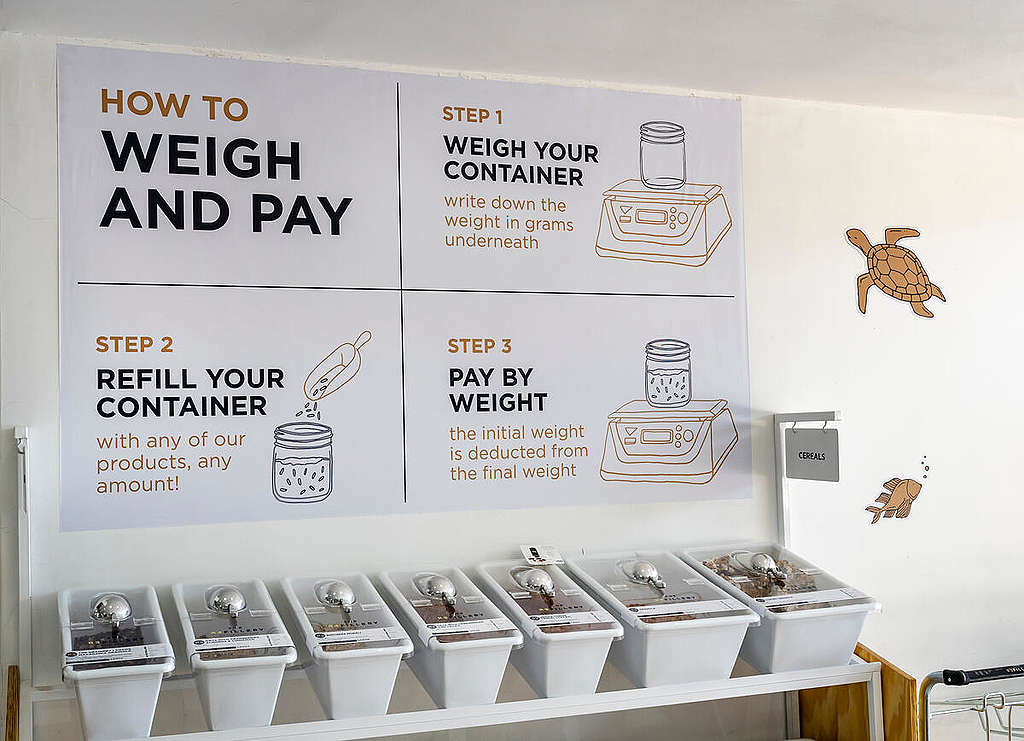
Until a strong global treaty is signed, sealed, and delivered, Greenpeace Africa and its allies will continue to lobby policy makers, corporations, African governments – and governments around the world to support a legally binding global treaty for a world free of plastic pollution.
Greenpeace Africa is one of many organisations, communities, and individuals who are calling and campaigning for an ambitious global plastics treaty. Join us as we add our voice to the millions of people around the world who are calling for a plastic-free future. Together, with your help, we can make sure that the stakeholders present at INC1 hear our demands and agree on a strong global plastics treaty.
By
Natanya Harrington

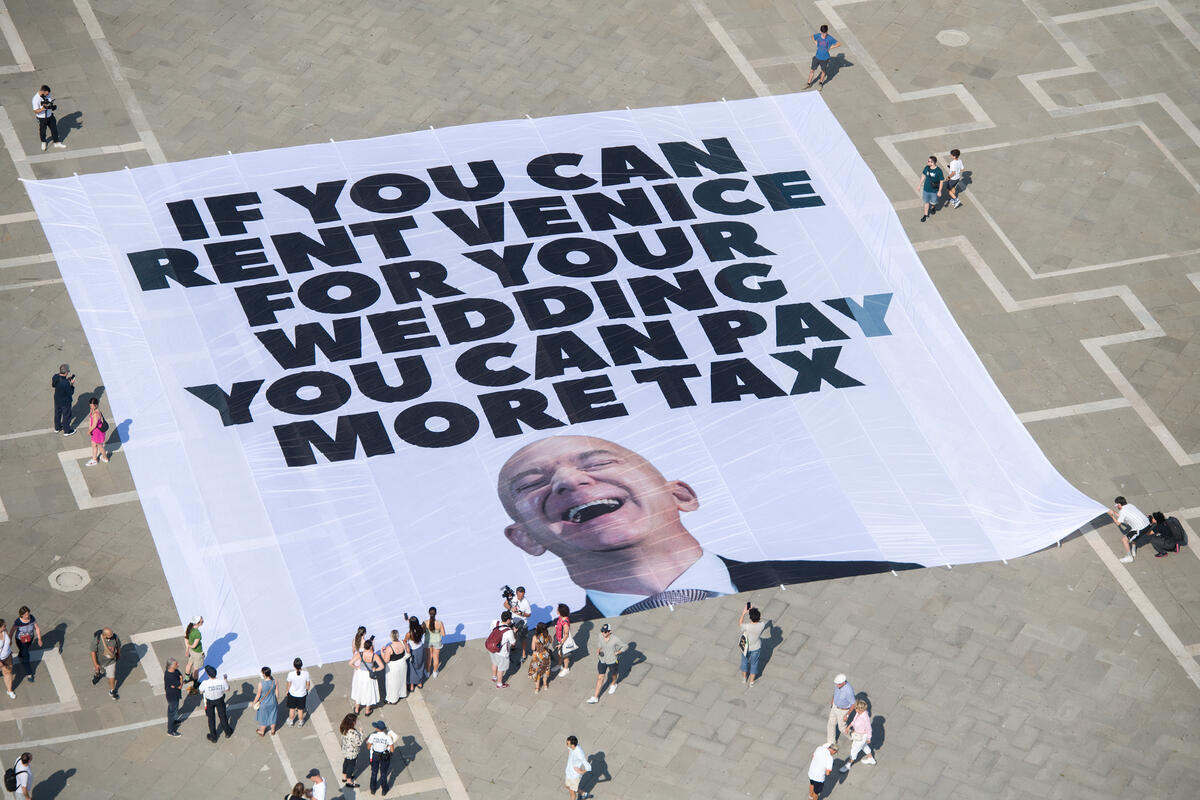
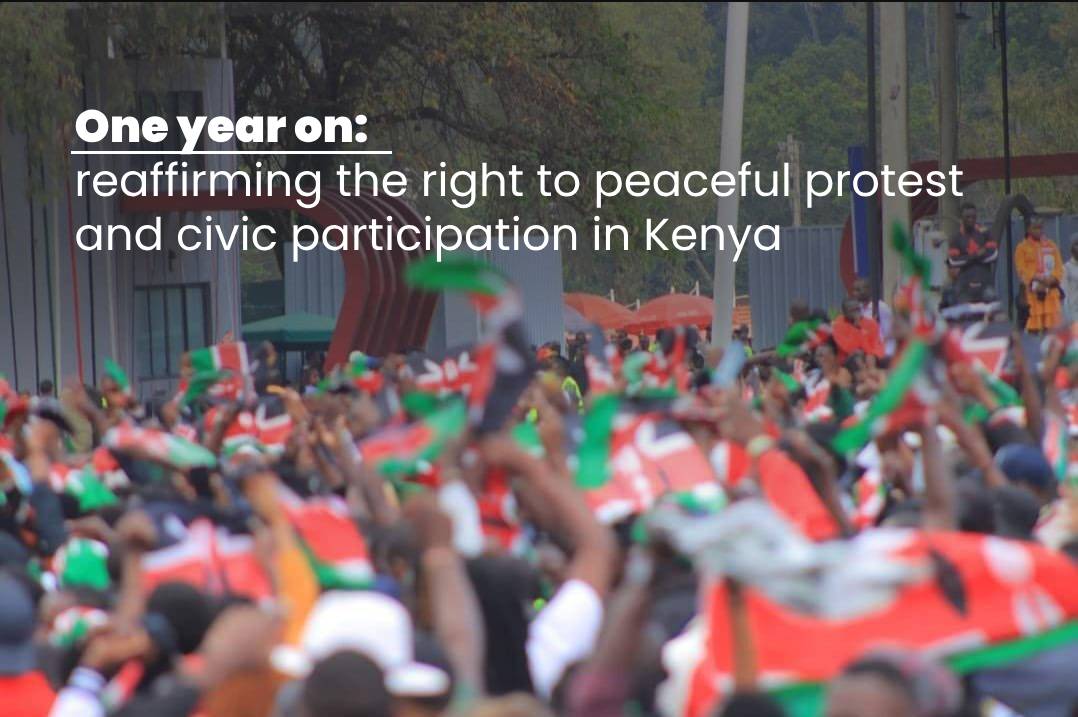
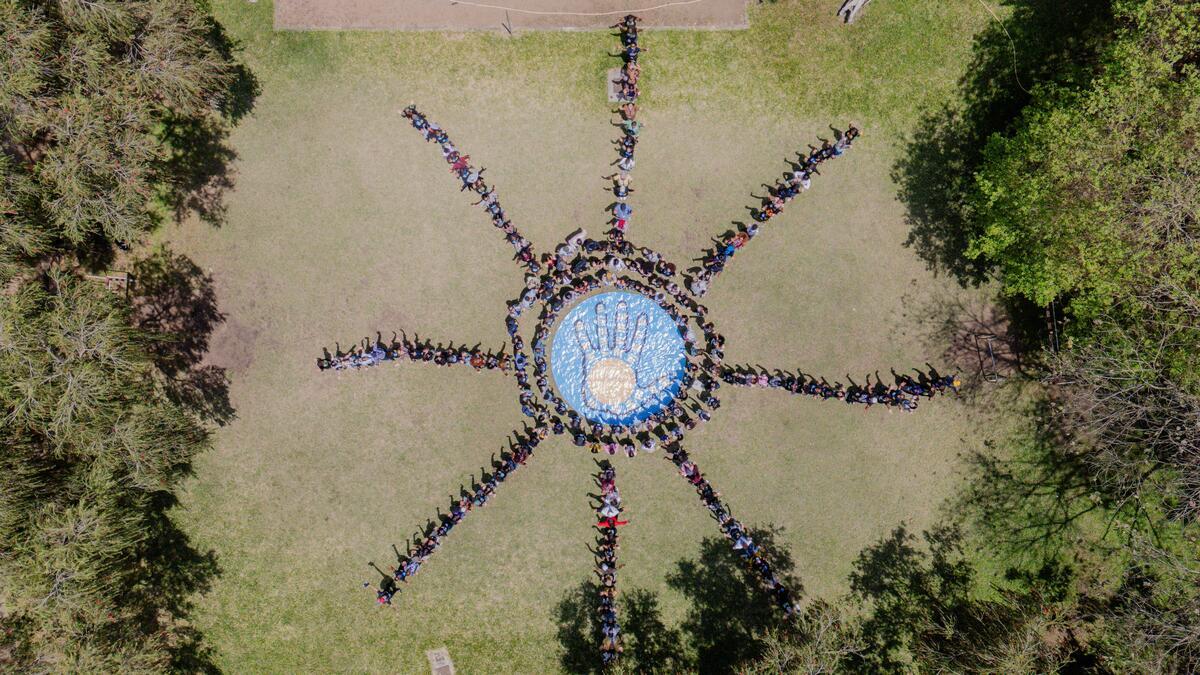
Discussion
Plastic pollution has become a serious problem around the world today and this is more so because it is very harmful to the environment, especially the marine environment where it has become an emergency, affecting the lives of many thousands of animal species and the local communities around them who heavily depend on them to sustain their livelihoods. Some of the reasons why this issue has become a global problem today are the following: plastics products are easily disposable and very cheap to buy in the market, especially for food packaging and for the making of synthetic clothing. A comprehensive strategy that emphasises the use of modern technology is the key to addressing this problem and for mitigating the harm that it causes to the environment. One has in mind here that type of technology that has to do with the prevention of plastic products getting into the lakes, rivers and oceans. A comprehensive strategy that has as its main aim to expand the number of public programmes for plastic waste collection and to increase the speed at which the processing of plastic products into raw materials (recycling) takes place holds the key to the solution of this problem.